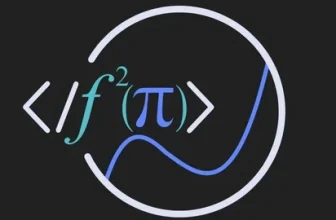
SAS Programming BASE Certification Course for SAS Beginners
The Complete Preparation Course for SAS Certified Base Programming Professionals for SAS 9.4 (Exam ID A00-231, A00-215 )
Created by Sharon Cheng | 13.5 hours on-demand video course
This course is the complete SAS BASE programming certification preparation course. It is designed for anyone who desires to develop SAS programming skills and enter into data industries. Many data industries are eagerly hiring SAS professionals with the SAS BASE programming certification. If this is your goal, this course is right for you!
Many students enrolled in this course successfully passed the full SAS BASE certification exam (Exam ID A00-231) with first attempt. They have shared their successful stories with me. I am so encouraged and grateful that this course can serve as a main resource to help them obtaining the SAS BASE certification. Please share your successful stories and joys of this significant career devolvement achievement in course reviews to encourage others and me.
I constantly updating the course according to SAS certification updates as well as students’ suggestions. Good and fair course reviews and ratings are truly encouraging me continuously improving the quality of the course. Course ratings above 4.5 are considered good ratings in this field.
What you’ll learn
- This course is the complete SAS BASE programming certification preparation course even if you are new to SAS.
- In this course, students will learn all SAS BASE programming skills to obtain SAS BASE programming certification
- This course covers all topics in SAS BASE certifications Exams (A00-231 (full version) , A00-215 (junior version))
- Students will also learn SAS advanced topic: Proc SQL Essentials and SAS Macros Essentials
- A00-215 is NOT the prerequisite of A00-231. Many students enrolled this course directly passed
- A00-231 (full version) to save time and money.
Recommended Course
Oracle SQL Performance Tuning Masterclass (2023)
The Complete PL/SQL Bootcamp : “Beginner to Advanced PL/SQL”









